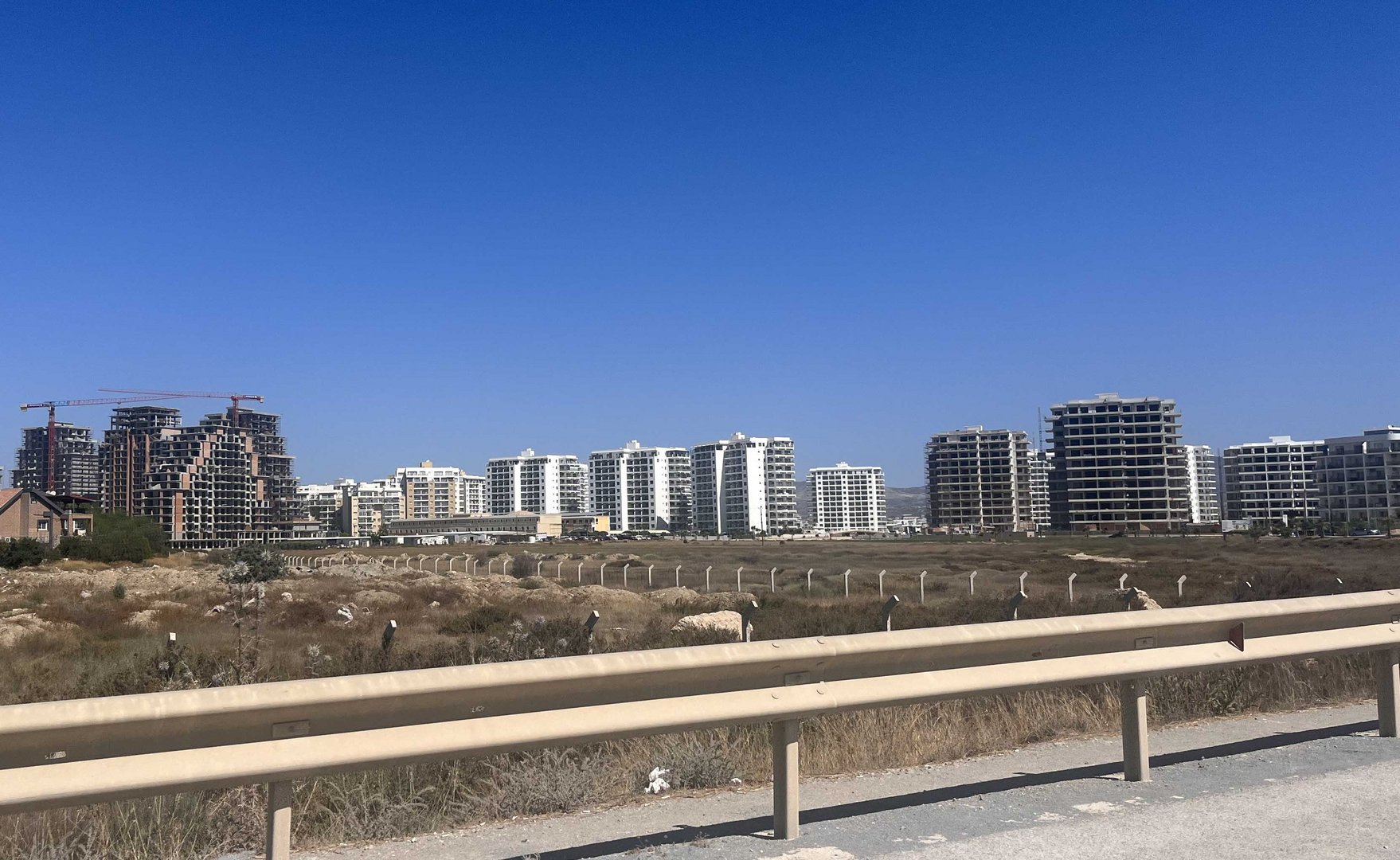Apartments in new high-rise developments in Trikomo (Iskele) are selling for more than £200,000 (€229,048), according to newspaper Diyalog.
This price represents a stark increase in comparison to just two years ago, when a two-bedroom apartment in the area could be bought for between £50,000 and £70,000.
The newspaper also claims that three-bedroom apartments are being sold for over £350,000 (€400,834).
The steep rise in property prices in the area has been attributed to citizens of Russia, Ukraine, and now Israel fleeing conflicts, while there is also a constant influx of citizens of Iran into the area.
A Cyprus Mail investigation into the matter back in August revealed that around 70 per cent of people who own or reside in the new buildings are Russian.
In August, it was learned that “£200,000 in the right project could buy a four-bedroom property”, though this left open the suggestion that £200,000 in a different development may buy less.
Additionally, given the ignition of a new conflict in the region, in Gaza, and the continuation of the war in Ukraine, continued price rises are not out of the question.
Another potential contributing factor to the increasing prices of properties are the passing into Turkish Cypriot law of the “Famagusta, Trikomo, and Ayios Sergios Zoning Plan” earlier this month.
The plan was published in the north’s ‘government’ gazette on November 2, and aims to rein in the previously unrestricted development which had been taking place in the region.
As a result, it is anticipated that the supply of new properties could begin to decrease, which in turn, alongside the constant influx of third-country nationals buying property, will see prices increase.
This does offer a change in tune from the situation as described to the Cyprus Mail in August, when it was described that “In Kyrenia, you can now only build up to two storeys, whereas [in Trikomo], you can pretty much build whatever you want.”
The issue becomes further complicated because the area in which these properties are being built was almost entirely owned and populated by Greek Cypriots.
Diyalog spoke to former Turkish Cypriot chief negotiator Kudret Ozersay, who served under Dervis Eroglu, on the matter.
He said the mass construction and sale of properties in the area “could create serious problems in the event of a possible solution” and called on the Immovable Property Commission to be involved in the constructions and sales.
“It is still not too late to take steps on this issue,” he said.







Click here to change your cookie preferences